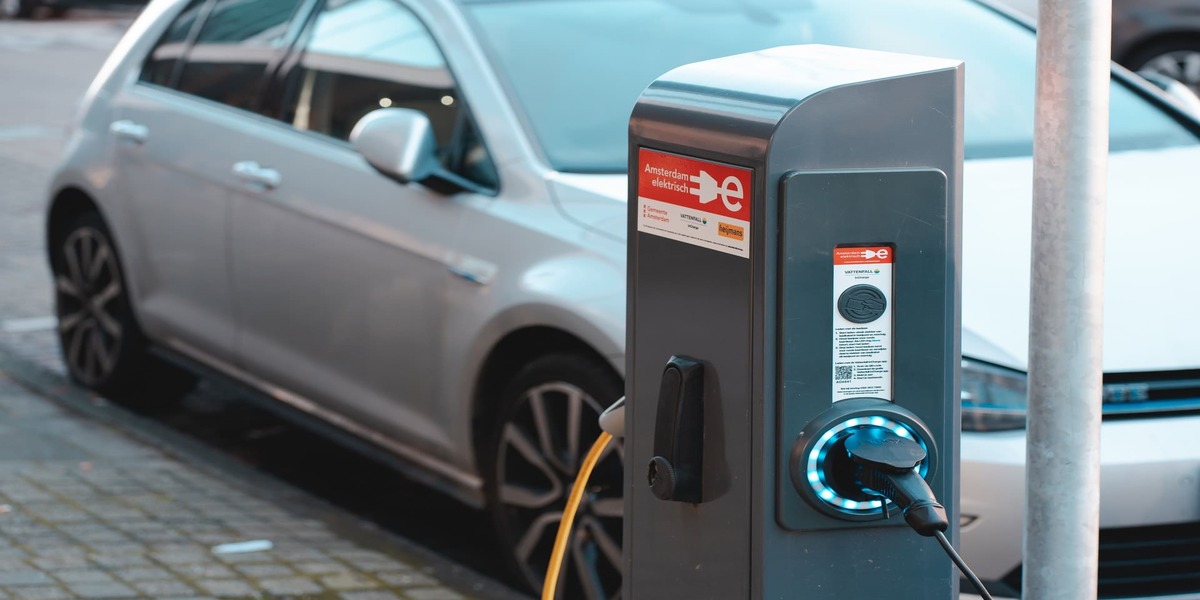Electrification In The Automotive Industry – Threats And Opportunities

The automotive industry is going through its greatest upheaval since Henry Ford introduced mass production.
The move to Electric Vehicles (EVs) is gathering pace in many markets globally, and the threats to the traditional OEMs and their suppliers are existential.
Added to this is the rapid decline in diesel sales in Europe and the disruption to supply chains due to Covid, and it is the perfect storm for many involved in the ICE (Internal Combustion Engine) sector.
Threats due to Electrification of Automotives
Disruptive innovations in the automotive industry has caught many of the major OEMs off guard – Tesla in the US and many Chinese manufacturers were much quicker in moving straight to BEV (Battery Electric Vehicle) technologies. This has left many major manufacturers in North America, Europe and Japan playing catch up.
The scramble is now on to pivot the skills and resources within the ICE automotive sector to develop and supply BEVs. But this is not simple by any means.
Automotive supply chains are highly integrated, and many tier 1 and 2 suppliers rely on ICE volumes almost exclusively. With these volumes dropping dramatically, there have been and will continue to be casualties in the automotive sector regarding businesses and specific manufacturing plants.
Meanwhile, the skills required for developing BEVs are at a premium – some specific areas such as power electronics, systems engineering, and safety-critical software development are especially sought after.
Opportunities in the Automotive Industry
So how does the global automotive industry need to respond?
There are a few things that need to be considered here:
ICE Volumes
ICE volumes will not disappear overnight – different markets and sectors will decline at different speeds. While markets such as Europe and China are moving to BEVs in the passenger car sector more rapidly, sectors such as heavy-duty commercial vehicles, off-highway vehicles and developing economies will be much slower to adopt EVs.
Commercial Scale Manufacturing of Zero Emission Technologies
Other potential low or zero emission technologies may be able to be developed on a commercial scale.
One option is hydrogen-powered ICEs – while there are some technical challenges with developing this, much of the technology is like traditional powertrains. This could be especially useful for heavy-duty CV and off-highway applications.
Skills for Developing EVs and BEVs
How can the immense knowledge, skills and capital investment in the ICE sector be effectively redeployed to develop and produce EVs?
Skills around automotive quality systems, supply chain logistics, project management and product development cycles cannot be learned overnight, which exist in traditional businesses. Rapid re-training is required to equip these employees with EV technologies.
Most OEM and tier 1 businesses heavily exposed to the ICE sector have started on the path to change and address the evolving EV market.
Some are moving faster than others by combining organic change and strategic acquisitions. Those who will be most successful will be the ones with a clear strategy for making the transition and profitably managing the decline of ICE volumes.
This is a tricky balance with crucial personnel and production resources split between the two different sectors and we will need good employee engagement to achieve this successfully.
This article was contributed by our expert David Sidlow
Frequently Asked Questions Answered by David Sidlow
Q1. How will the EV industry evolve?
There is still a lot of uncertainty about how rapidly EV volumes will ramp up, but current trends show the customer demand is towards the higher end of any industry forecasts. Environmental concerns on emissions from both governments and the general population are the key driver. Added to this are the current issues around very high oil prices.
The manufacturers are responding to this demand by launching a massive range of new EVs - BEVs and hybrids. However, the future does seem to be more towards BEVs.
Q2. What are the threats in the automotive industry?
The shape of the global automotive industry is changing at a rapid pace. The traditional OEMs and supply chains must adapt to new technologies and disruption from new competitors. While many aspects of EVs are unchanged, the whole power train is different, meaning that over 100 years of experience with internal combustion engines are made almost irrelevant.
Q3. Why are car manufacturers switching to electric?
They are responding to customer demand, which in turn is being driven by legislation and economic considerations.
Q4. How long will the internal combustion engine be around?
ICEs will continue for a long time, but volumes will be reduced. There are specific applications where EVs are not yet viable, especially in heavy-duty and off-road sectors. Also, in the developing world and more remote regions of the world, the investment in the infrastructure to support EV charging will take many years to develop, if ever.
Comments
No comments yet. Be the first to comment!
